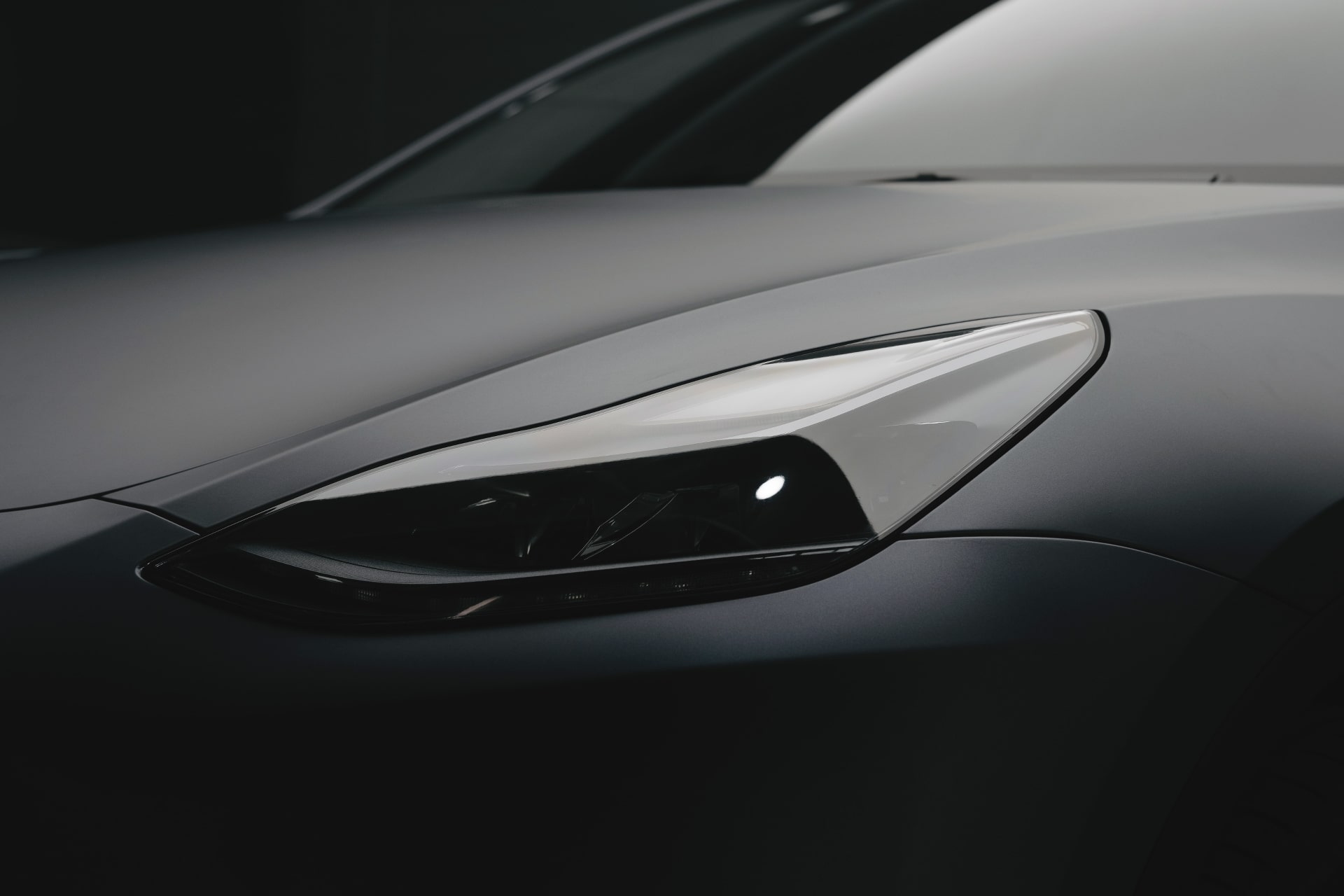China on December 1 began requiring government approval for exports of graphite, a key material for batteries used in electric vehicles, in an apparent counter to US-led curbs targeting China’s tech sector.
The measure is based on legislation to strengthen export controls on strategic materials. The government has yet to receive any applications from companies for permits, Chinese Commerce Ministry spokesperson Shu Jueting said Thursday.
The outlook for exports will depend on the extent to which Chinese companies seek approval to supply overseas buyers.
China produces 65% of the world’s graphite, according to the US Geological Survey. Chinese companies are believed to control more than 80% of the market for automotive battery anodes, or negative electrodes, which typically use the mineral.
The export restrictions follow similar curbs imposed in August on chipmaking materials, such as gallium, and stricter controls in November targeting rare-earth metals that require exporters to report transaction details. China has itself faced a US-led effort to restrict its access to advanced technology in semiconductors and other areas.
Beijing’s clampdown comes as China aims to become an EV powerhouse and position its companies at the heart of global automotive supply chains.
Chinese manufacturers have been moving to build battery components overseas. Ningbo Shanshan in September said it will invest up to EUR 1.28 billion (USD 1.39 billion) to build an anode factory in Finland, aiming for mass production in two years. Shanghai Putailai New Energy Technology in May announced plans for a Swedish plant costing up to SEK 15.7 billion (USD 1.5 billion).
A total of 17 Chinese battery material makers have announced plans for 22 overseas factories this year, spending over RMB 100 billion (USD 14 billion), according to Chinese media.
“Under the national strategy to become a major automotive power, upstream and downstream companies are making an effort to develop a supply chain together,” Shanshan chairman Zheng Ju said Wednesday at an international event.
China’s CATL, the world leader in automotive batteries, started up a German plant in December 2022. Chinese companies have a global market share of about 60% in automotive batteries. According to Chinese media, major Chinese battery suppliers are operating, building or planning plants in about 30 locations.
The commerce ministry said that the graphite curbs are not targeted at any specific country or industry. But government officials in other countries have expressed concern that Beijing will give preferential treatment to Chinese businesses operating overseas while blocking purchases by foreign companies.
According to sources familiar with the matter, China stopped exporting graphite for battery anodes to Sweden for roughly three years through 2022, hindering Swedish battery startup Northvolt’s access to materials. Chinese companies making batteries in Europe had no such problems.
The Chinese government encouraged Chinese businesses to build anode production facilities in Sweden, and local authorities gave the green light. As a result, Chinese companies built a supply chain that made European companies more dependent on them, a person familiar with the situation said.
The European Union has opened an anti-subsidy investigation into Chinese EVs to determine whether China’s subsidies for its manufacturers are harming the EU auto industry. A source at a European company says China’s export restrictions appears to be an attempt to deter the EU probe.
A review of trade statistics from China’s General Administration of Customs shows that exports of items subject to the licensing requirements that took effect Friday have doubled in the last three years to USD 8.4 billion in 2022. This is believed to be due to growing demand, mainly for EVs.
This article first appeared on Nikkei Asia. It has been republished here as part of 36Kr’s ongoing partnership with Nikkei.

